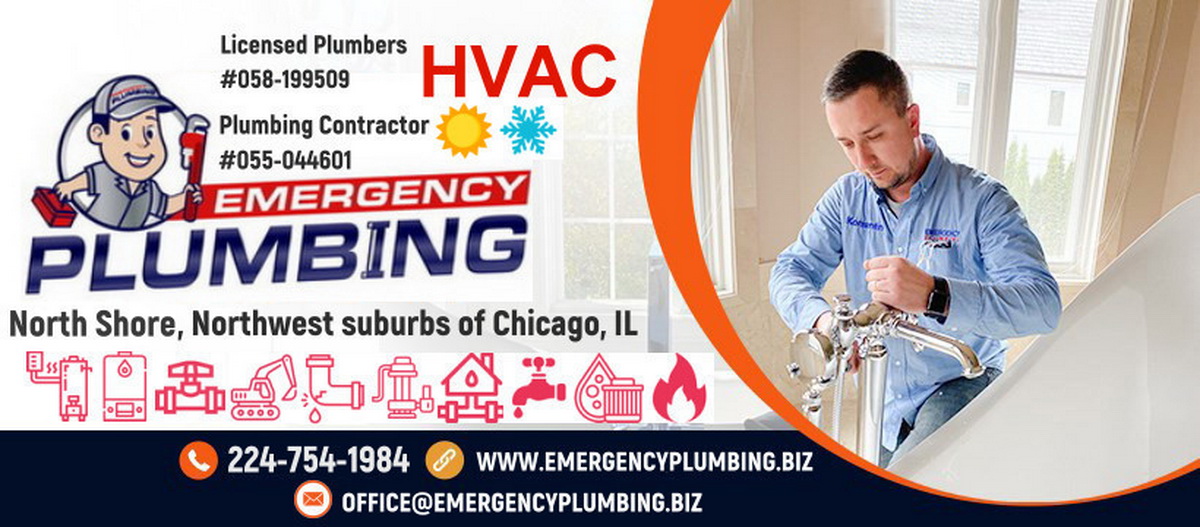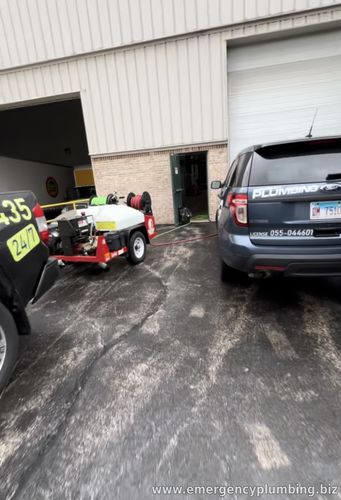Hydro Jetting explained |
Necessities of Hydro Jetting explained
In the world of plumbing, there are few challenges as daunting and as potentially damaging as severe pipe blockages. Traditional methods often fall short when dealing with the toughest clogs. That's where hydro jetting comes in – a modern, highly effective solution. However, this method is not as simple as it may seem. It involves complex processes and expensive, specialized equipment.
Let's explore the intricacies of hydro jetting, helping customers appreciate the hard work and technology involved.
Understanding Hydro Jetting Hydro jetting is a cutting-edge plumbing solution that uses high-pressure water streams to clear away blockages and build-up in pipes. Unlike traditional snaking methods, which might only create a hole through the blockage, hydro jetting cleans the entire diameter of the pipe, offering a more permanent solution to clogs.
The Equipment: High-Tech and High-Cost
At the heart of hydro jetting is the specialized equipment, which includes high-pressure hoses, nozzles, and a powerful machine that pressurizes water. The machinery is sophisticated and requires a significant investment, often ranging from thousands to tens of thousands of dollars. These machines can propel water at pressures exceeding 35,000 psi (pounds per square inch), which requires precision engineering and high-quality materials to withstand such forces.
The Process: Skill, Precision, and Safety
The process begins with a thorough inspection of the plumbing system, often using video inspection tools to assess the blockage and the pipe's condition. This step is crucial, as hydro jetting can be too intense for damaged or weak pipes. Once deemed safe, the technician selects the appropriate nozzle, tailored to the pipe's size and the nature of the blockage. The nozzle is attached to a high-pressure hose, which is then fed into the pipe. The machine is activated, and water blasts through the nozzle, clearing debris, scale, grease, and roots. The process requires skilled operators who understand the nuances of water pressure, nozzle selection, and how to maneuver the equipment through complex plumbing networks. It's a delicate balance between applying enough force to clear the blockage without damaging the pipes.
Why the High Price Tag?
Given the expensive equipment and the expertise required to operate it safely and effectively, hydro jetting services come with a higher price tag compared to traditional methods. It's an investment in state-of-the-art technology and professional know-how. The outcome, however, justifies the cost – a thoroughly cleaned pipe system that mitigates the risk of future clogs and potential emergency plumbing situations.
Hydro jetting stands out as a pinnacle of modern plumbing solutions, offering an unrivaled method to tackle the most stubborn blockages. At Emergency Plumbing Services, we're committed to delivering top-tier, efficient solutions like hydro jetting, ensuring your plumbing woes are expertly addressed.
Smart Housing Systems Inc. DBA Emergency Plumbing is your shield for plumbing problems.
|


Comments
Post a Comment